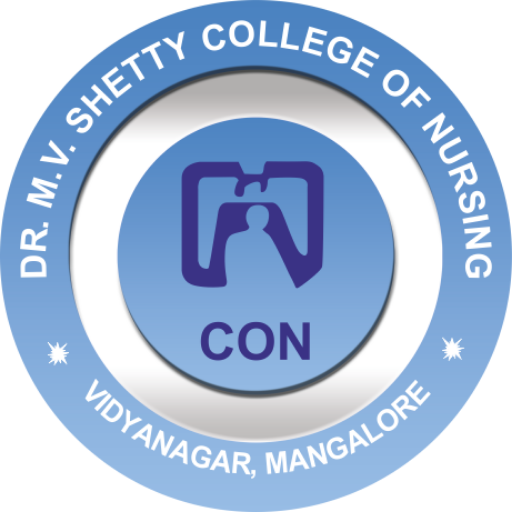Pedagogy in Bachelor of Science (BSc) Nurse Education is a dynamic framework crucial for shaping future healthcare professionals. This multifaceted approach encompasses diverse teaching strategies, each designed to prepare nursing students for their vital roles in patient care.
- Programme outline : The revised curriculum embraces competency based and outcome based approach throught the programme integrating mastery learning and self directed learning. Transformational and relationship based educational approaches are emphasized.
- Core competencies for nursing practice : competencies that reflect practice standards of the council address the areas of cultural diversity ,communication technology , team work and collaboratin , safety , quality , therapeutic interventions and evidence based practice .
- Modular learning : the prepared modules outlined by the council will be provided in separate learning resource package . The learners use a self learning module either in print or digital format depending on the applicability .
- Simulated learning experience: simulation provides a realistic setting and safe environment for students to apply the knowledge they learned in class and apply it to clinical practice . This experience is given in the skill lab .
- Clinical training : clinical experience will enable Students to prepare their skills which they learn in theory . supervised learning experiences is given in real hospital settings in which the student provides or observes direct patient care .students develop clinical skills .
- Community Service : nursing is a profession based around people caring for people in the community is an important service . students provide supervised care for individual , family and groups at boh urban and rural setting by using concepsts and principles of health . students conduct various health education programmes and other extended services in the community.
- Continuous assessment: regular assessment shall be conducted throught the course for theory and practical in the form of internal examination and assignments, marks will be sent to the university as internal assessment. Slow learners are identified and are given with extra coaching and added attentionResearch and innovations : students work on research porojects with their guides and present their findings ,this helps students to provide evidence to support innovative nursing practices .
Pedagogy in BSc Nurse Education prepares students not just as caregivers but as leaders and managers in healthcare. This comprehensive approach ensures that graduates are not only knowledgeable and skilled but also compassionate, culturally sensitive, and ethically responsible professionals, ready to excel in the dynamic field of nursing.


